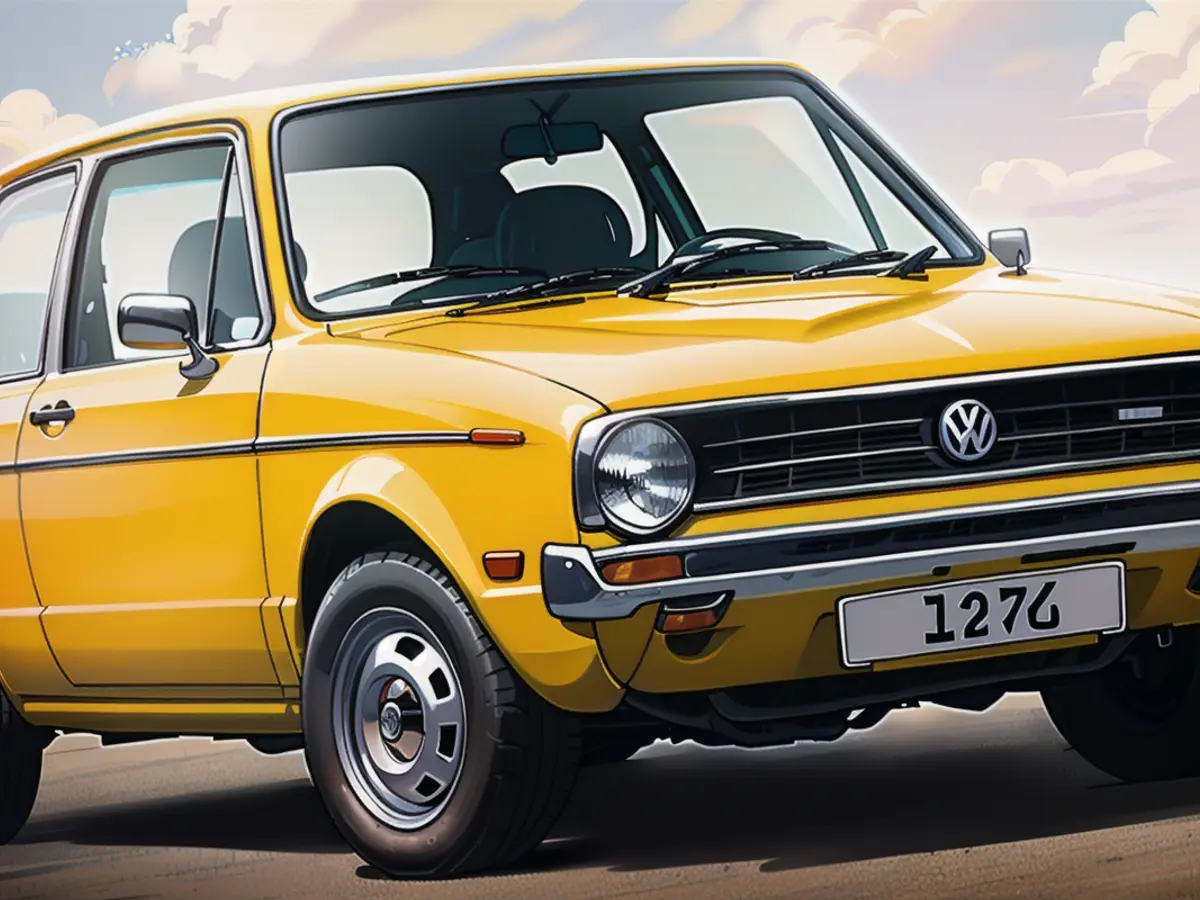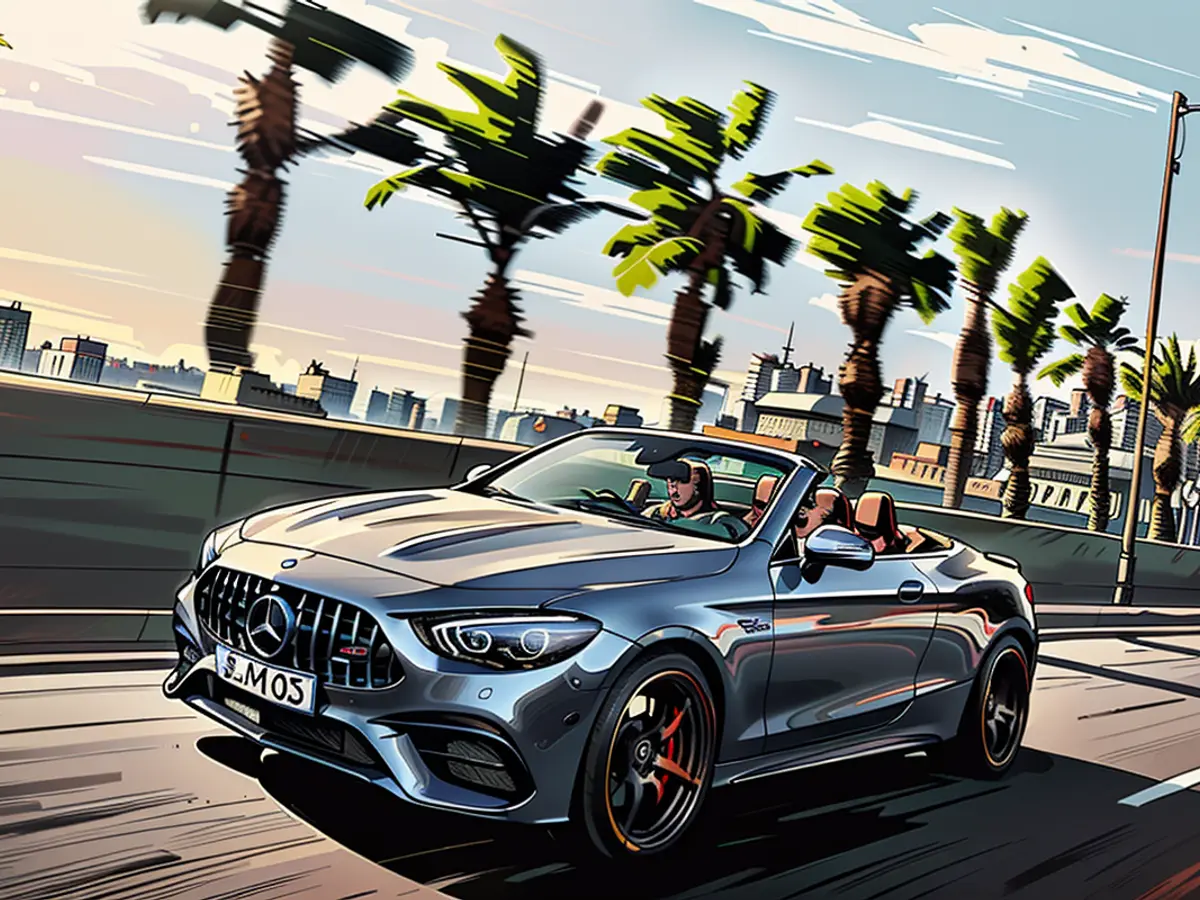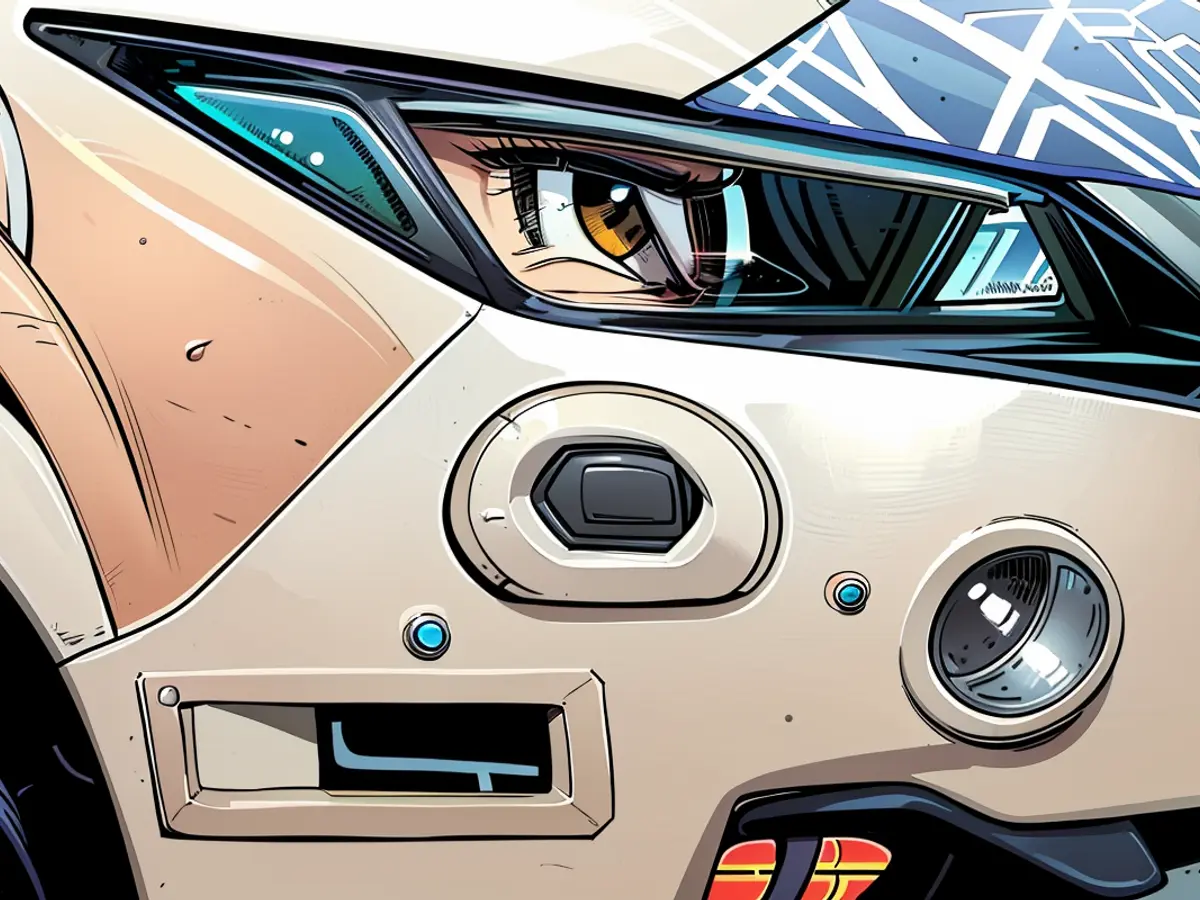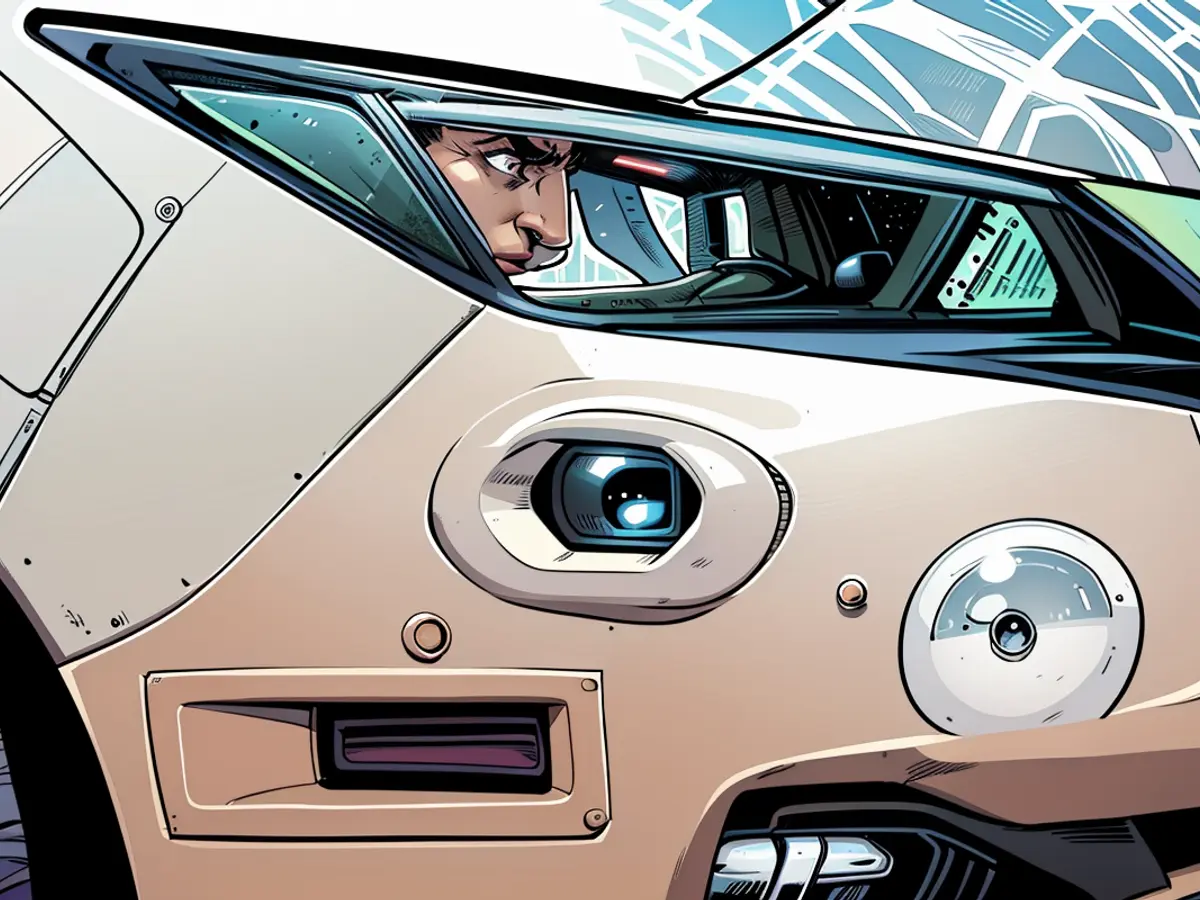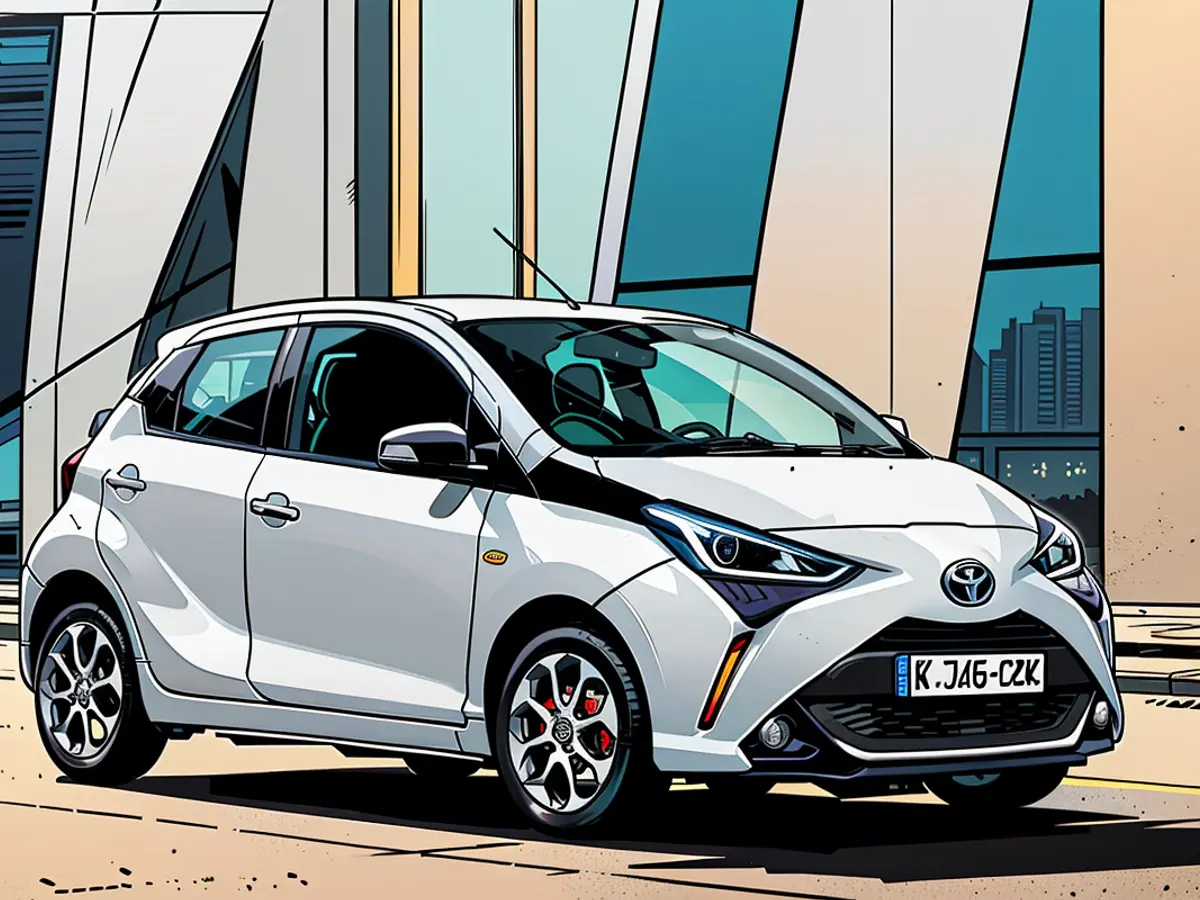Volkswagen: Revisiting the Car Giant's Impact on Automotive Industry - Fifty years of German car legend - the evolution of the VW Golf.
The very first VW Golf was produced on March 29th, 1974. This auto came to the rescue of Volkswagen as the Beetle was losing popularity. The situation called for a more boxy design that became a financial success.
The time gap between the introduction of new Golf generations has not been consistent. In some instances, production periods even overlapped, particularly when considering international markets. Currently, the eighth generation of the Golf - the Golf 8 - has been in production since 2019. The most recent model is an updated GTI Clubsport, which was presented at the Nürburgring's 24-hour race by Volkswagen.
Volkswagen has manufactured over 37 million cars. While it isn't the most produced car globally, it's close. The Toyota Corolla in all its variations tops the list, with Ford in the second spot with their best-selling pickup, the F-Series, dominating the streets of the United States.
An impressive start with 6.9 million sales
The first generation of Golf made a strong debut. According to Volkswagen, the first-generation Golf was sold 6.9 million times. The second generation was also successful, with 6.3 million vehicles produced.
Things weren't as great with the third model, which had significantly fewer sales. 4.8 million Golf 3 models were manufactured. Regardless, it remained one of the most vital components of the company.
About the same number of cars were made in the fourth generation, but the Golf V didn't fare as well. Volkswagen reported the production of 3.4 million vehicles. A similar pattern emerged in the Golf VI, where they created 3.6 million cars.
The seventh generation, which involved a major engine redesign, resurrected the success of its predecessors. 6.3 million examples of the Golf VII were sold.
The last generation with the current production
The current eighth generation is now being assembled - and it has already earned the title of "most sold car in Germany and Europe-wide." The total number of cars produced remains a mystery. In 2024, the model will receive a facelift and a significant makeover.
Thomas Schäfer, the head of the VW brand, shared in an interview with the "Merkur" that the production will remain until the end of the decade. After that period, Volkswagen's future remains uncertain. Schäfer stated that an auto will only be called a Golf when it is a worthy successor to the renowned vehicles that have transformed the cityscape for half a century.
There is a possibility that the Golf could see a ninth generation as part of Volkswagen's product line. However, the specifics, such as when and if this will happen, are unknown. Schäfer shared that they were developing electric cars, but many manufacturers are now reconsidering the future of the internal combustion engine.
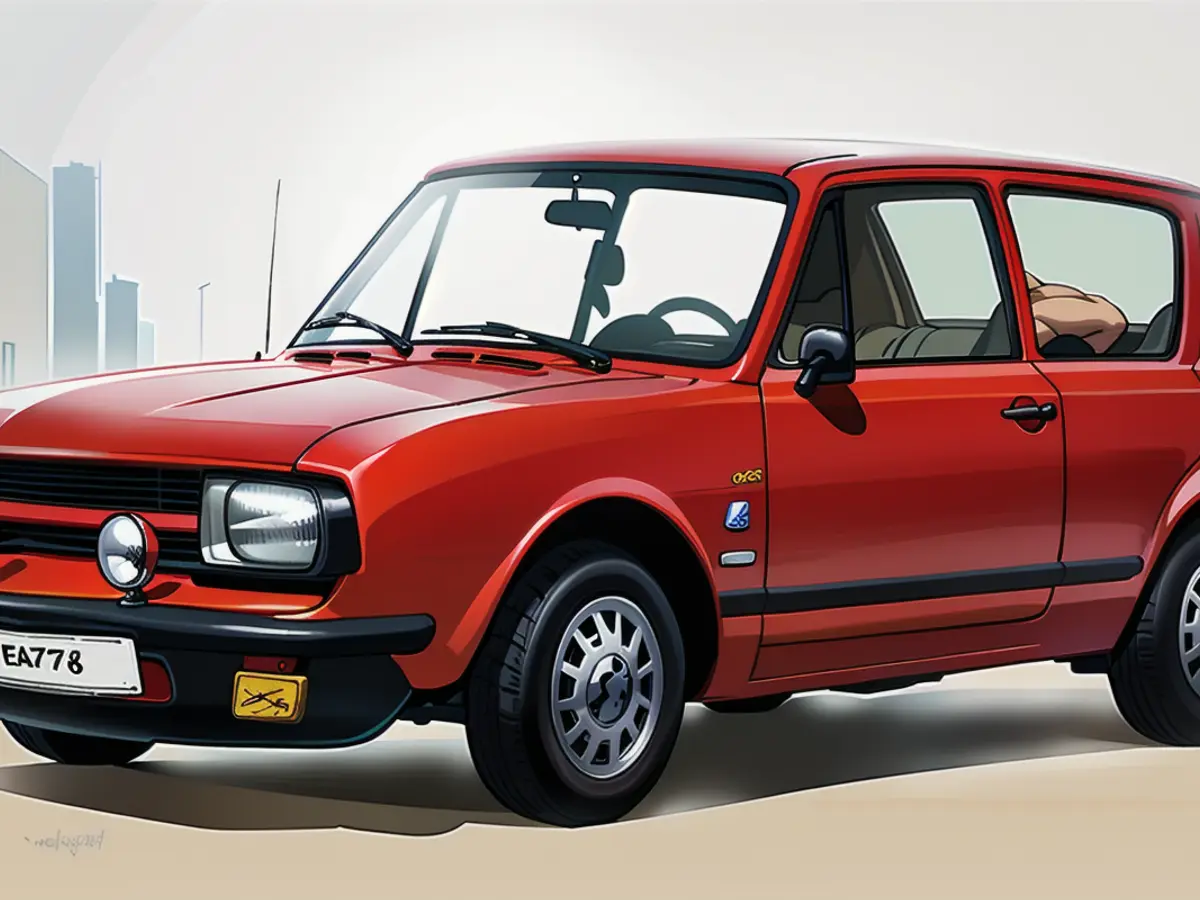
Read also:
The VW Golf, powered by a VW engine, debuted with impressive sales of 6.9 million units in its first generation. Volkswagen also utilized a Ford engine in some of their vehicles, showcasing their flexibility in engine sourcing.
The VW Golf, from its humble beginnings at the Nürburgring, has become a symbol of German automotive excellence, with the VW Golf GTI Clubsport making its debut at the Nürburgring's 24-hour race.
The Golfs manufactured in the USA, a significant international market for Volkswagen, have often featured Toyota engines, highlighting collaborations and technology sharing in the automotive industry.
The current VW Golf, being assembled in its eighth generation, remains a best-seller not only in Germany but also in Europe, with its future plans including an electric version and potential ninth generation.
